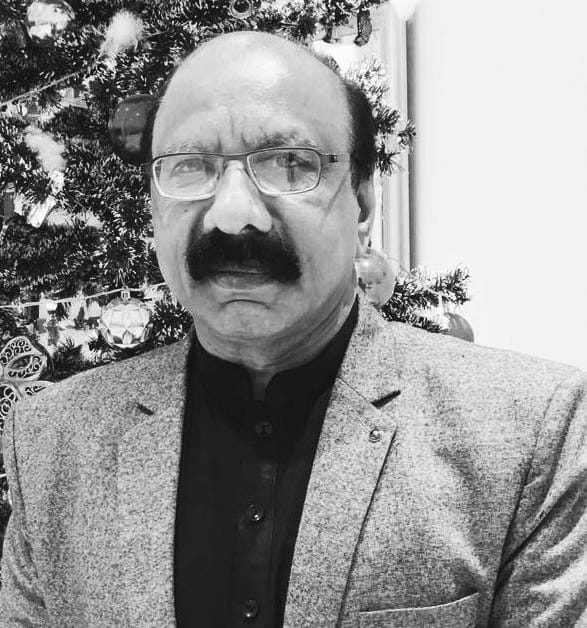By: Naeem Tabassum
My father, the late Faqir-ud-Din, first contested the provincial assembly election under a system that gave Pakistan’s religious minorities a voice of their own. From 1985 to 1999, Pakistan maintained a system of independent and separate electorates for religious minorities. It was far from perfect, but it rested on a fundamental democratic principle: representatives of minority communities were chosen directly by their own people.
My father twice secured a seat through the votes cast by Minorities voters across Khyber Pakhtunkhwa—a transparent, accountable mandate rooted in community trust.
Today, that system exists only in memory. According to the 2023 census, Pakistan’s non-Muslim religious minorities stand approximately as follows: Christians, 3.30 million (1.37 % of the population) and Hindus, 3.87 million (1.61 % of the population). The Sikh community is recorded at 15,998 individuals. While some community leaders believe these numbers may undercount the actual populations, these are the latest official figures, as per Pakistan Bureau of Statistics
Yet, despite meaningful demographic presence, the political space reserved for minorities has remained static for decades.
At present, minorities hold only 10 reserved seats in the National Assembly and a total of 18 in provincial legislatures (Punjab 8, Sindh 4, Khyber Pakhtunkhwa 4, and Balochistan 2). The Senate has just 4 reserved slots. These figures neither reflect the communities’ constitutional standing nor provide sufficient representation.
The issue, however, is not just about numbers—it is about the system of representation itself. Under the current arrangement, minority representatives are selected by political parties rather than elected by their communities. As a result, they are accountable to the party leadership that nominates them, rather than to the people they are meant to serve. Bound by party discipline, they often remain silent on pressing issues their communities face.
In contrast, under the independent-election system of 1985–1999, minority representatives were chosen directly by their communities. They were genuine community leaders, not party dependents. This is precisely what Pakistan’s minority communities are missing today—representation born from within, not bestowed from above.
When representatives enter assemblies through patronage rather than public votes, real leadership is stifled. Seat bargains replace merit, and representation becomes transactional. The outcome? A politically irrelevant and voiceless minority population—benefiting those who prefer silence over advocacy.
It is time to reverse this reality. Based on the 2023 census data, minority representation must be expanded as follows:
National Assembly: from 10 to at least 20 seats
Punjab Assembly: from 8 to 16 seats
Sindh Assembly: from 4 to 6 seats
Khyber Pakhtunkhwa Assembly: retain 4 seats but transition to direct community elections
Balochistan Assembly: from 2 to 3 seats
Gilgit-Baltistan Assembly: at least 2 seats
Senate: from 4 to 8 seats (two seats for each province)
This expansion, combined with the restoration of the independent election system, would provide minorities both fair representation and genuine agency. It would empower leaders who are directly answerable to their communities—and able to speak fearlessly for their rights in Parliament.
Pakistan’s minorities are not asking for charity; they are demanding equality. Without the right to choose their own representatives, they remain voiceless and powerless.
The restoration of independent elections is not a nostalgic yearning—it is a democratic necessity for Pakistan’s future.
Minorities must be given the right to elect their own leaders—this is the essence of democracy. Without it, we surrender our destiny to those who decide for us rather than with us.
If Pakistan truly aspires to be a democratic state, it must ensure that every community, no matter how small, has the right to its own voice and its own leadership.
That is the light at the end of this long, dark tunnel—and it begins with restoring independent elections for minorities.


